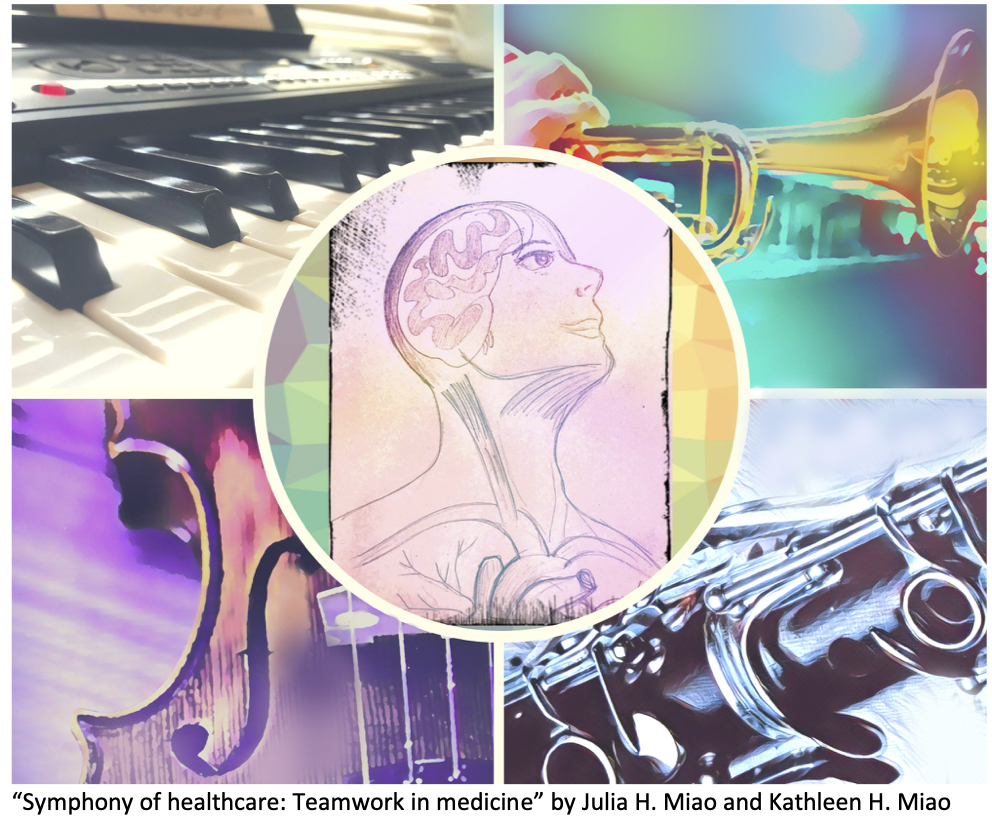Cause for concern: Resident experience in operative trauma during general surgery residency at a Canadian centre
DOI:
https://doi.org/10.36834/cmej.69323Abstract
Background: The ability to provide competent operative trauma care is a core objective of general surgery training but recent publications question the ability of graduates to meet this standard. To assess the adequacy of operative trauma exposure during residency, we constructed and analyzed a retrospective trauma operative case log for general surgery residents at a Canadian trauma centre.
Methods: The Hamilton General Hospital Trauma Registry was used to identify all patients from July 2008 to June 2018 who underwent a trauma operation on the neck, chest, or abdomen. Medical records were reviewed to determine procedure type and resident presence.
Results: In our study, 417 patients underwent 570 operations (422 abdominal, 103 thoracic, and 45 neck). For the 35 residents that completed their general surgery residency during the study, the median number of trauma laparotomies was 5, with only 14/35 (40%) present for ≥10 trauma operations. Only 10 residents (29%) were exposed to a neck exploration and 18 (51%) exposed to a thoracic operation for trauma.
Conclusions: Operative trauma exposure amongst general surgery residents at an academic Canadian trauma centre was limited. Cumulative operative trauma surgery exposure of a typical graduating resident was inadequate when compared to Canadian and American accrediting-body standards.
Downloads
Downloads
Published
How to Cite
Issue
Section
License
Submission of an original manuscript to the Canadian Medical Education Journal will be taken to mean that it represents original work not previously published, that it is not being considered elsewhere for publication. If accepted for publication, it will be published online and it will not be published elsewhere in the same form, for commercial purposes, in any language, without the consent of the publisher.
Authors who publish in the Canadian Medical Education Journal agree to release their articles under the Creative Commons Attribution-Noncommercial-No Derivative Works 4.0 Canada Licence. This licence allows anyone to copy and distribute the article for non-commercial purposes provided that appropriate attribution is given. For details of the rights an author grants users of their work, please see the licence summary and the full licence.











